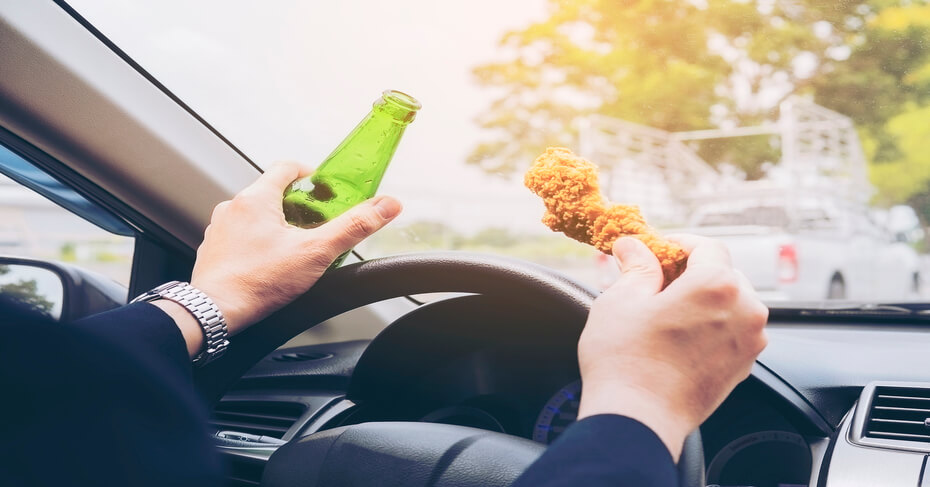
Driving Habits That Secretly Wear Out Your Car

by Maddi Butler
You might take good care of your car — regular oil changes, routine inspections, maybe even the occasional car wash. But even with all that, some everyday habits can wear down your vehicle faster than you realize. These aren’t dramatic mistakes or reckless driving; they’re subtle things we all do that quietly chip away at the health of your engine, brakes, suspension, and more.
Over time, those little habits can cost you more in repairs, reduce your resale value, and even affect your fuel efficiency.
Riding the Brakes
It might feel safer to lightly keep your foot on the brake during downhill drives or in traffic, but this habit actually puts constant pressure on your braking system. That leads to premature wear on your pads and rotors and can even cause your brakes to overheat, reducing stopping power when you really need it. Try using engine braking when possible — shifting to a lower gear instead of relying solely on your foot.
Taking Off Too Fast
Quick acceleration isn’t just about burning more fuel. Sudden starts force your engine, transmission, and tires to work harder than necessary, and over time, that stress can shorten the lifespan of all three. It also increases wear on your suspension and can lead to early alignment issues — especially if you're frequently punching it from a stop.
A smoother, more gradual takeoff helps extend the life of your drivetrain and keeps your fuel costs in check.
Ignoring Speed Bumps and Potholes
Your suspension system is designed to handle rough roads — but not to absorb full-on hits over and over again. If you regularly speed over potholes or don’t slow down for speed bumps, you’re putting your shocks, struts, and even your tires and wheels at risk. You might not feel the damage right away, but alignment issues, uneven tire wear, and mysterious clunks often trace back to these moments.
Take it slow, even if the road looks mostly clear. A few extra seconds of caution can prevent hundreds in repair costs.
Resting Your Hand on the Gear Shifter
If you drive a manual, you’ve probably done this without thinking. But keeping your hand on the gear shifter can put slight, constant pressure on the transmission’s selector fork — a delicate component that can wear prematurely with repeated force. Even in automatic cars, leaning on the shifter isn’t ideal.
It’s a small move, but over time it can contribute to unnecessary wear. Best practice? Keep both hands on the wheel when you’re not shifting.
Overloading Your Vehicle
Whether it’s hauling heavy gear or leaving a trunk full of forgotten junk, excess weight means your engine, brakes, and suspension are all working harder than they were designed to. This can lead to faster wear, reduced fuel efficiency, and worse handling. Even your tires will wear more quickly — and unevenly — under constant weight.
Check your owner’s manual for your car’s weight limits, and try to keep things as light as possible when you're not hauling anything essential.
Running on Low Fuel Regularly
It might not seem like a big deal to drive on near-empty — especially with modern fuel gauges warning you well in advance — but doing so repeatedly can put strain on your fuel pump. That’s because the pump relies on fuel for lubrication and cooling. Running low too often means it can overheat or wear out faster.
Plus, debris that settles in your tank can get stirred up and pulled into your fuel system, potentially causing clogs or damage over time.
Skipping the Warm-Up in Cold Weather
If you live in a colder climate, starting the car and immediately hitting the road might feel like you’re saving time. But cold oil doesn't lubricate your engine as effectively, and metal parts expand and function better with just a bit of heat. Even letting your car idle for 30–60 seconds can make a difference in engine wear and performance.
You don’t need a full warm-up every time, but especially on freezing days, a short pause before driving helps keep your engine healthy.